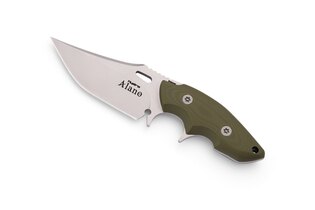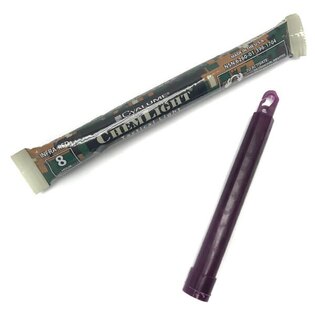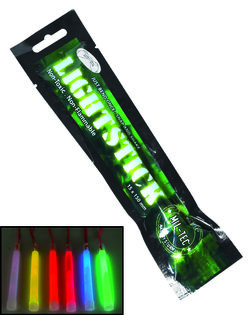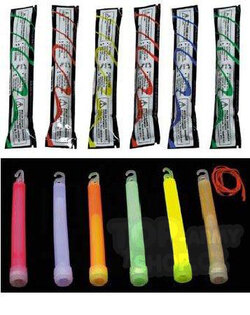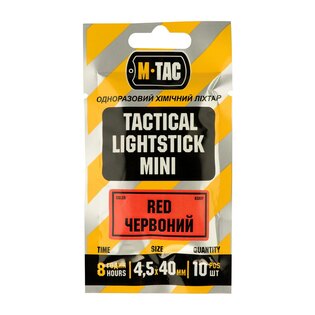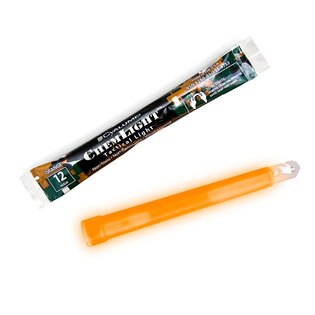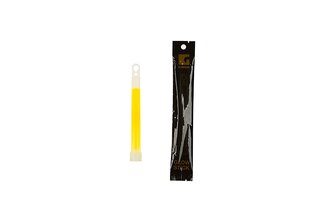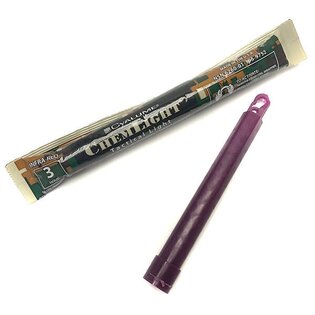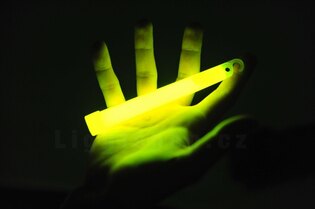14 things necessary for every hunt
Hunting is a great tradition, useful skill, and also for some a lifelong hobby. Many people from all over the world enjoy hunting and are fascinated by it just as our predecessors were and our descendants will be. Hunting is, was, and will always be a part of us (it's in our DNA), so even today it serves as a means to connect with our prehistoric natural self and enjoy the natural laws in modern practice.
Discussion on the topic of "hunting" is a subject that has appeared in numerous books, dealing with animals both small and large, hunting in various climatic zones, using various tools and weapons. Hunting involves many skills and disciplines: resourcefulness in the field, knowledge of your prey, knowledge of the terrain, expert knowledge of the given weapon, patience, focus, and perseverance.
But it doesn't matter what kind of game you're hunting or what type of hunt you're on, you must always be prepared. If you're not just hunting mice around the house/garden, hunting will always take place in areas far from civilization, so the odds of something bad happening to you are much higher. It might be your fault, it might be bad luck or an accident. But that doesn't matter.
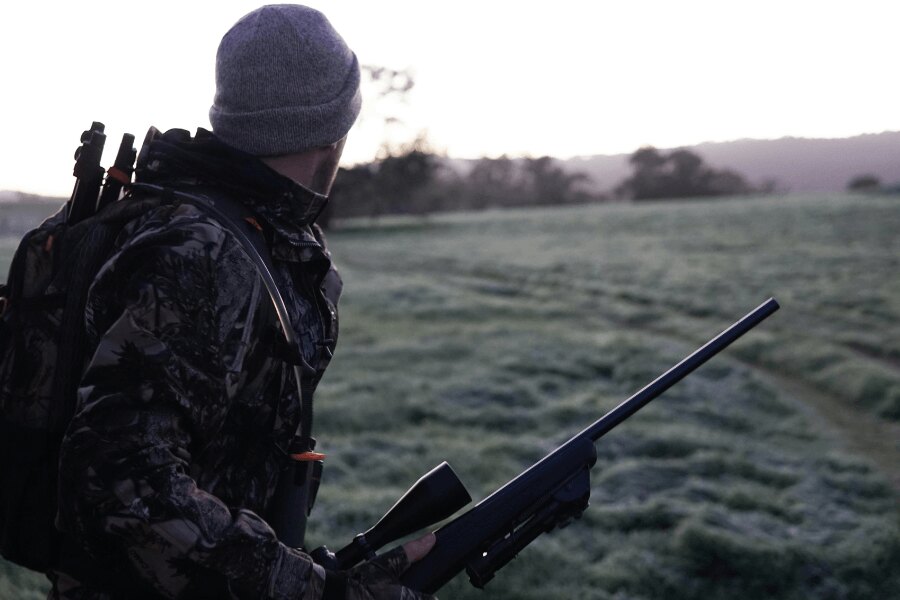
Hunting is a great tradition, useful skill, and also for some a lifelong hobby.
Having the right tools and equipment will increase your chances of success. And if you choose really wisely, you will even get an advantage in case of any inconvenience. If this happens, your hunting pleasure and hobby suddenly turns into a regular survival situation.
In this article, we focus on the equipment that you should always have in your hunting kit when you go to the forest or field to hunt.
A few words on methodology
Every hunter has their own idea of what the hunt should look like. Some people pack everything except the kitchen sink. Their philosophy certainly has logic – no matter what happens in nature, they will have the right tool available.
Others are ascetic minimalists, people who go out only in camouflage with a weapon, maybe with some Meat Jerky in their pocket. Using additional tools is beneath them or they see it as unnecessary burden.
Other hunters are adaptive. They take more or less equipment depending on where they are going, what they are hunting, when they are hunting, ... It is always a summary of all factors and based on those they adapt more to one side or the other (or something in between).
You can never convince another hunter of a better and smarter way, especially when they have a fridge full of food and some trophies on the wall. Therefore, we naturally won't even try. But what we will try to do is to emphasize how important it is to be prepared and to hunt smartly and safely.
And why are we so concerned about this? If any major or minor inconvenience occurs (and we guarantee that it's just a matter of time statistically), it's better to face such situations with well-thought-out equipment so that you can deal with the situation under the best possible conditions. Many of such disasters could be mitigated simply by being in the city where expert help is nearby.
In a situation occurring in the forest out of reach of your smartphone, you will be dependent on your knowledge and skills, which we probably don't need to remind you of. You are simply your only state response and the medical personnel you will receive. And almost certainly your only chance.
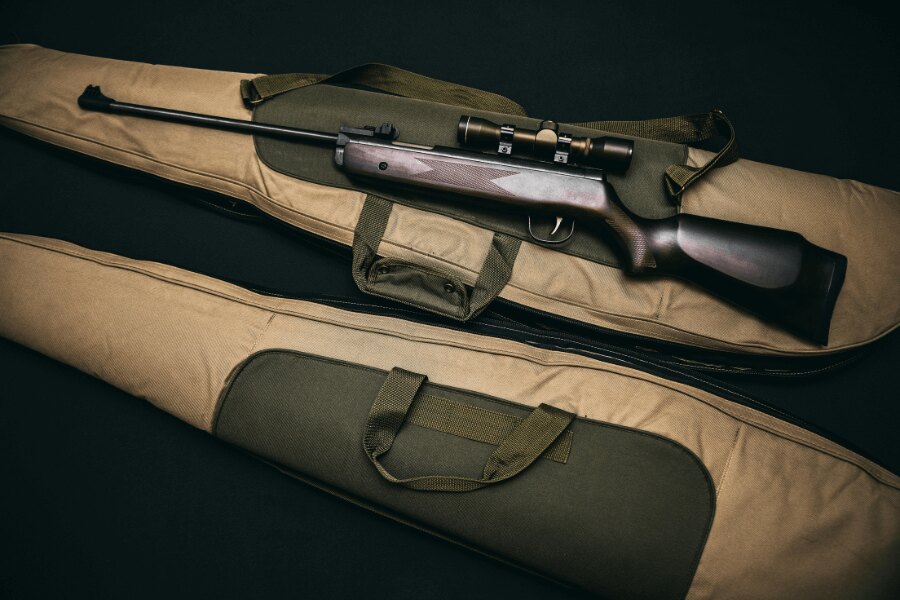
Every hunter has their own idea of what the hunt should look like.
This logically doesn't necessarily mean that you'll carry a huge set of backup things a bit unnecessarily "just in case". With thorough thought about the situation, items, and selection, it is still possible to achieve practically first-class preparedness. After all, the things that help you while hunting will also help you equally well in any survival situation.
And these are the things that will appear in this list. You will probably notice that many things that you should have in your bug-out bag or other survival kit are not listed here (first aid kit, lighter + fire starter, ...). These are of course things that you should have, but they are not equipment that you immediately need for hunting.
Even though it seems that things will be less interesting and the list short, we believe that this approach will be a greater challenge and exercise for the brain as we look for additional uses for relatively common pieces of equipment (mainly) in a survival situation.
Create more from less and adapt your resources to overcome challenges, this is something every hunter and prepper should aim for. Additionally, taking lighter gear and knowing what plans and skills you have with specific items will make the hunt a much greater challenge and add elegance to it, rather than simply packing an additional 20 kg of equipment automatically.
What things to consider?
What things fall under the category "necessary" largely depends on the animal you are planning to hunt. A folding saw is great in the forest but practically useless in the desert. Conversely, trekking poles/hiking poles are invaluable in varied and mountainous terrain, but much less so on a plateau.
Remember that there are really only a few truly universal types of equipment. Sometimes it may seem that carrying a certain type of equipment is unnecessary and a waste of space and carried weight. But before you discard it, ask yourself if this particular item could be extremely important for your survival, hence it would definitely deserve to be taken.
In general, hunters are prone to making big mistakes and taking unnecessary risks. Many of them often hunt lightly because they hunt in places they know like the back of their hand.
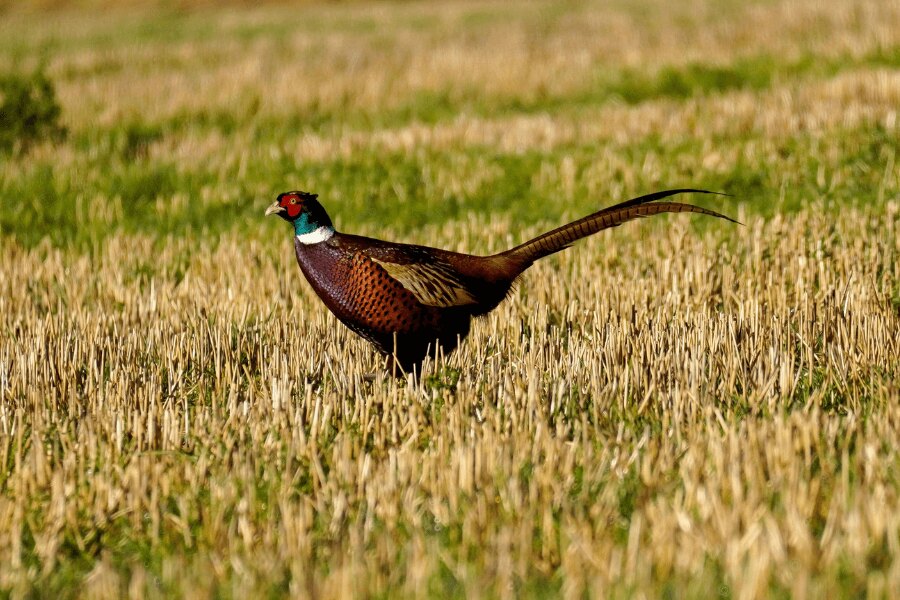
Create more from less and adapt your resources to overcome challenges, this is something every hunter and prepper should aim for.
Many other hunters just doesn't consider the potential impacts of their actions when it comes to their safety and even potential injuries. We could go on like this for a long time, but similar things and practices inevitably annoy every sensible and cautious hunter.
I am not a great hunter, but I have hunted enough, although I do not live by it as much as others do. The hunts I have undertaken, I approached with a methodically strict approach to the matter. So that my life and limbs, which have served me so well so far, remain.
This approach undoubtedly took into account the selection of items in this list. You may not agree with many things, but I believe that if you are honest with yourself, you will see both the logic behind the selection and the value in the given selection, even if you prefer a different set of items.
What 14 things should be in every hunter's gear?
1. Flashlight
Bright and durable flashlight is an excellent choice every time you're heading out into the wilderness. The benefit when it gets dark, after dusk or before dawn, is obvious.
Flashlights equipped with color filters has other practical functions:
- the blue filter allows you to better see traces of blood,
- the red and green filters in turn help to maintain and preserve your night vision better than white light, not to mention that other colors are not as distinct as white.
Many people (even experienced hunters) tend to forget how dangerous darkness can be and how easily it becomes dark in dense forests and far from civilization. And this is especially true when the nights are moonless or overcast. There are not more than just a couple of minutes that separate a pleasant sunset from the situation where you risk spending the night in the forest without any source of light.
2. Fixed blade knife
A good knife should be your constant companion in the field/wilderness. Especially when you go hunting. A fixed blade knife is a good choice when it comes to processing your new catch, you will be able to handle it as quickly and efficiently as possible. You can also use your fixed blade knife for all kinds of tasks around the hide and in the eventual camp.
If you ever need your knife to fix some problem, it will be the most important tool for constructing a shelter, making tinder, ... The knife is excellent when it comes to carving precise shapes into some material - usually wood.
3. Multitool
A good piece of multitool shaped like pliers is invaluable when hunting. You can use it to tighten screws on your weapons, repair a stand, and also to remove a thorn from your skin, etc. A multitool is essentially your universal tool for various tasks and activities your knife cannot handle easily. This tool significantly increases your chances that your hunt will proceed smoothly and without problems. There's no point in tempting fate and ruining the joy of the hunt for no reason.
Multitools are also useful in case of some catastrophic scenario. Having a tool that helps you delay/prevent the failure of another tool is priceless.
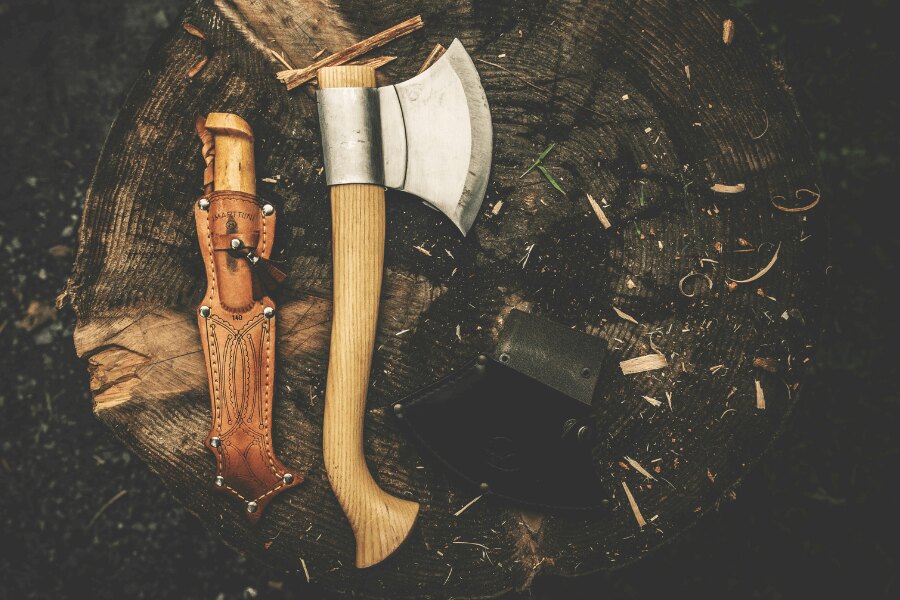
You can use your knife and other tools for all kinds of situations.
4. Rope, string, paracord
Paracord or other working rope, which is suitable for tasks such as dragging game or tying something, carry it. A small piece of string takes up almost no space and weighs practically nothing, yet it is very practical. Additionally, it can be used to hang the catch so that other predators around cannot reach it.
In the field, it can also serve for just any kind of improvisation: it can be used as an improvised gun holder, a rope seat, discreet path markers, wind indicators, and literally dozens of other things…
5. Folding saw
If you are not hunting in an area with absolutely no trees, a folding saw is a real predator when it comes to clearing space for a shelter, an improvised stand, clearing shooting lanes, creating drags/sleds for game, etc.
And why is it so popular among preppers and survivalists? Because everything mentioned is typically faster with a folding saw rather than with an axe or a machete. And it also usually weighs much less than these items, is easily stored anywhere, and is no less easy to apply.
Another (apparently) use of this tool lies mainly in gathering and preparing wood, building shelters. If you take a good care of it and sharpen it regularly, it will be able to handle very heavy and large branches and trees. With a good and reliable saw, you will need less muscle strength to perform some actions compared to other cutting tools.
6. Monocular/Binocular
Most people rely on sight as their primary sense, especially when it comes to hunting. We are simply optically disposed. Many animals would rather rely on hearing and smell (but never say this to people in camouflage!). Since people are equipped by nature this way, it naturally makes sense to extend one's range of visual perception as much as possible and thereby maximize resolution and details.
Feel free to choose a powerful hunting piece, whether in binocular or monocular form, as both will fulfill the function of occasional surrounding observation (and searching for tracks and other signs of game) more than well.
You might be thinking that you can simply use your scope attached on your crossbow/rifle, but that is neither the safest nor the best way to use it. And there's also the issue that even a genuinely light rifle becomes too heavy in your hands in a while.
As for its use in survival, this equipment will help you find your way more easily and from a greater distance. And it will also serve well to find the optimal path before you start burning calories by wandering aimlessly through the forest.A discreet observation spot and a good telescope usually reveal something interesting that you would never see with the naked eye. And that's what it's all about!
7. Folding trekking pole
It doesn't matter where I go in nature, I always take at least one folding trekking pole, sometimes even two. Besides their obvious function (i.e. reducing fatigue and preventing slipping on dangerous surfaces or during river crossings), they can be used to search places – in some countries it is often necessary to watch out for snakes, etc.
But that's not all. A trekking pole can be used as a support for your weapon or binoculars. When I join two poles together, I get a perfect bipod for sitting and kneeling, from which I can really benefit as a hunter. If a survival situation were to occur, a trekking pole would still serve as an improvised replacement for a tent peg or a pole for the tarp.
8. Tarp
When it comes to carving, storing, and transporting the catch, I can't see a single reason for getting my precious backpack dirty with blood more than necessary. It's not any excessive fancy stuff, it's just a prevention. Firstly, a tarp doesn't needlessly attract mice and similar predators, and secondly, when you thoroughly scrub nylon or other synthetic material, you usually significantly reduce its lifespan. Some people prefer when their things last, well...
A clean synthetic tarp with loops is perfect when you need to wrap a piece of meat/animal and carry it in your backpack, which you also use for other trips and outdoor activities. It can be packed really tightly, almost vacuum-sealed. It takes up little space and adds almost no weight and in the end, it will be very, very useful to you.
A tarp is also, as surely other survivalists and I are well aware, another item that can handle countless tasks (primarily offering a wind- and water-resistant shelter). It also insulates the ground from underneath you and can be used to collect water.
A good piece of tarp blocks wind and rain and, together with your cord and trekking poles, it can be converted into a very usable improvised shelter.
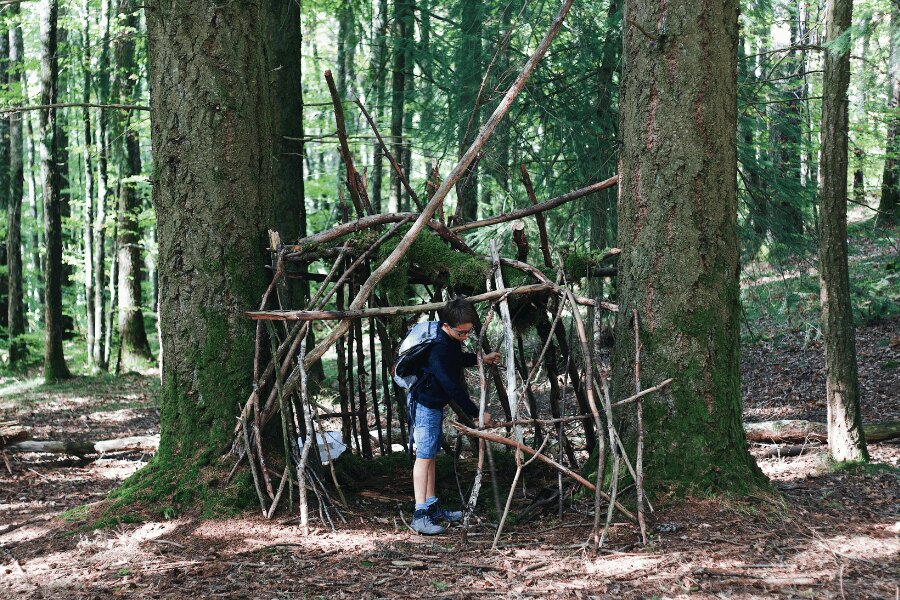
A good piece of tarp can be quickly converted into an improvised shelter.
9. Compass
Some of us venture longer and farther than others. Even in well-known places with a quality path that you know well, a little disorientation is enough and you are off track. It is enough for it to be overcast or foggy and you are in trouble - a person starts to wander.
A compass together with a map (or notes about the terrain and route) will ensure that you get to your hunting ground (whenever you see the map and the compass) very accurately and repeatedly.
Another great use of the compass in hunting is when an animal escapes and you follow it in a certain direction. Then, usually everyone sets off after it (instead of measuring its azimuth first) to know how to get back. At least approximately, it's not orienteering...
The value of a compass for your survival kit is logically immense, when you are somewhere you don't know and are getting lost. Even when you are in new hunting grounds, knowing the basic major landscape features and their azimuth to the next one is sufficient, and you don't need a map.
10. Gloves
No matter how tough you think you are, in the forest and around civilization there are literally hundreds of ways you can injure your hands. From thorny plants, trees, splinters, pieces of glass and poisonous plants, rusty wires, cans thrown away by tourists, sharp antlers and bones, animal teeth, knife, ... Anything from the given items has a chance of getting into your hand, which means the end of the hunt. Protect your hands, whether they are large and calloused or soft, with a pair of quality working gloves suitable for your environment, weapon, and season.
Although there are heated pockets on the chest for hunters (a la kangaroos) for really freezing mornings, evenings and nights and they do work perfectly, there can be one drawback: they don't keep your hands safe when you are actually doing something. And you will really want gloves in survival situations for the same reason you want them when hunting: you will rely on them for vital work. Because if your hands are not in working condition, you are in trouble.
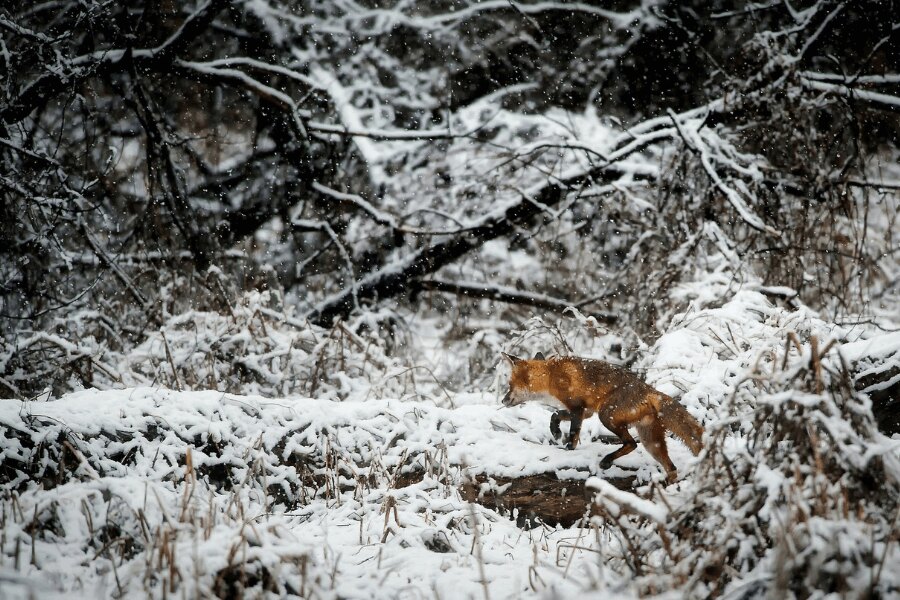
Having the right tools will extremely increase your chances of success in hunting.
11. Poncho/raincoat
Even when you have a good access to weather forecast that is accurate to the second, wild nature still has a tendency to surprise you with the unexpected. Even the smallest drizzle has a potential to soak you in and out, and that's not even mentioning situations where it is literally "raining from all sides." When you are hunting and shooting outdoors, not only does morale significantly drop, but your body temperature can also decrease (which can be dangerous). A compact raincoat/poncho is a must-have. It will help you get through the worst of it while taking up virtually no space.
By the way, just like a tarp, a poncho can be used to build an emergency shelter and provide insulation from below when you need to wait in a damp or muddy spot. Choose a model that is strong and durable. And if possible, one that minimizes the sound when dressing and undressing. Otherwise, the whole district can hear it.
12. Small chemical lights
When hunting, it often happens that you go off the marked paths in pursuit of game. In the excitement and joy of a potential catch, a person sometimes forgets themselves and then struggles to find the right way back. It may also help to consider that darkness is approaching and you are moving through an unmanaged environment. This must be prevented.
A person familiar with classic fairy tales might remind you that the hunter, like Hansel and Gretel, could sprinkle breadcrumbs along the way. Good idea! But in the forest, there are many other creatures who like it as much as you do. Therefore, adjust this plan for the twenty-first century, as we have today – reach for colorful chemical lights.
My love for chemical lights for practical use and survival is well known from other articles, and this naturally includes hunting efforts. The smaller ones, also used as fish lures, are ideal. But other types can also be useful.
When it comes to it and you need to find your way to the car or the camp, simply break the light, then shake it (do not mix!) and then place it on the ground or attach it somehow to a tree. When you chain more of them together, you will create a visual highway that you can hardly miss.
When someone is looking for you, you can also use them to increase your own visibility to the people who are trying to find you. They are as light as a feather and even 20 of them weigh almost nothing.
13. Toilet paper
No matter where I go or how long I intend to stay there, I always add some toilet paper (in protective packaging, so its integrity is ensured). Its traditional function ensures that the hunter will always maintain maximum hygiene even in the forest.
When transitioning from a hunting to a survival environment, it serves equally well but also as a top-notch source of paper for tinder and an emergency fire starter. It burns quickly, yet not too intensely, and catches flame easily.
When a person switches to natural materials, it is of course possible, but they unnecessarily risk things like tiny traces of excrement under the nails (and potential diarrhea if they get into water, food, etc.).
14. Backpack/chest platform
You will need something to carry all of this, ideally in the most organized form possible. This will, of course, likely require a quality backpack.
Maybe even more important than a backpack is a good chest platform, pocket, or pouch that helps you carry useful items closer to hand without unnecessary noise (zipper, Velcro) and movement. This also ultimately brings a smaller backpack because some of your items will move right here.
When I talk about a chest platform, I logically don't mean the giant military or police type, nor am I talking about the military one for magazines or shotgun shells. We're talking about a miniature platform here. Just big enough for a small universal pouch.
Whoever hasn't tried a similar thing yet and has the opportunity, definitely give it a chance and it's quite possible it will grab you and you'll see some logic in it. Overall efficiency improvement is always beneficial. Moreover, in terms of mobility and silence, it's certainly advantageous carry a small backpack. And this holds even more so the denser the foliage you typically navigate through.
Both methods are much better than constantly searching your pockets and backpacks for this or that item. Even if you are a minimalist, when you go into unknown or extra deep forests, even a small item not usually carried can often be useful.
A few words in conclusion
All of the above-mentioned things that I traditionally take on a hunt weigh around 5 kg and fit into a backpack and pouch with plenty of room to spare.
When I add water and food, a first aid kit, an extra layer of clothing for worse weather, and a survival kit, I'm still somewhere around 7-8 kg.
Having the right tools will extremely increase your chances of success in hunting. But also your enjoyment of the entire event. In any case, you have some leeway in case something unexpected happens.
Readers are further interested





























































































































